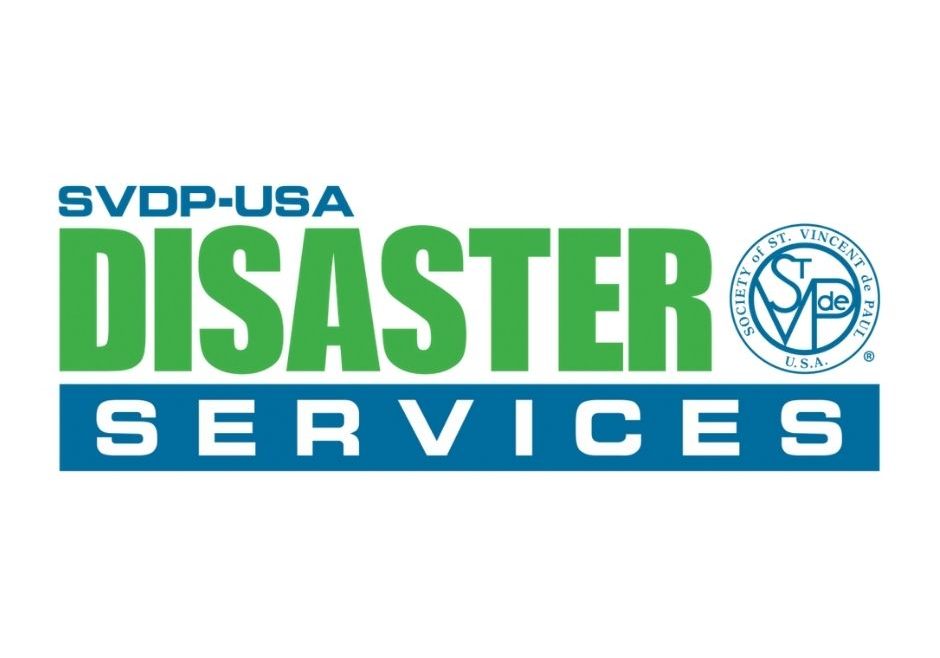With 100,000 Vincentians across the United States and nearly 800,000 around the world, the Society of St. Vincent de Paul provides person-to-person service to those who are needy and suffering. Read some of their stories here:
INTERNATIONAL:
- AUSTRALIA: Vinnies Community Sleepout to be held at Old Dubbo Goal in August
- AUSTRALIA: St Vincent de Paul community sleepout fundraiser for Albury homeless
- AUSTRALIA: AGL Installing A Bunch Of Solar Systems For St. Vinnies
NATIONAL
- MEDFORD, OR: County recognizes work of St. Vincent’s volunteer
- MEDFORD, OR: Cooling shelter opening for Medford homeless in advance of heave wave
- PHOENIX, AZ: Navigating the Valley’s homeless system
Help us share the good news of the good work being done in your local Conference or Council! Email us at info@svdpusa.org with the subject line Good News.

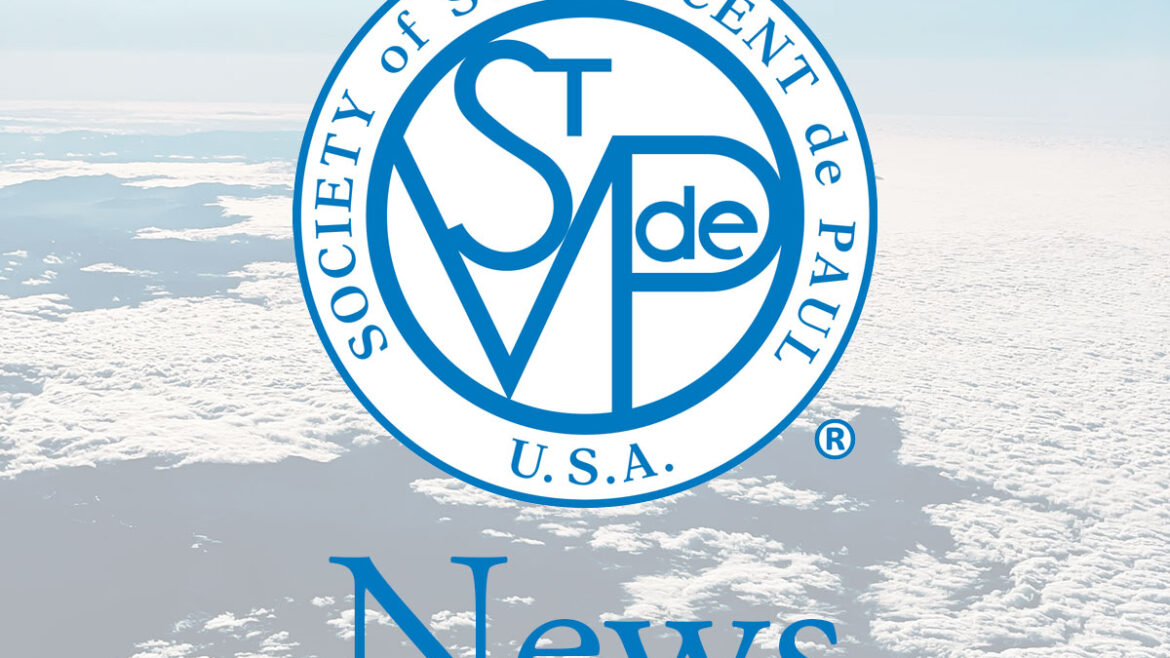
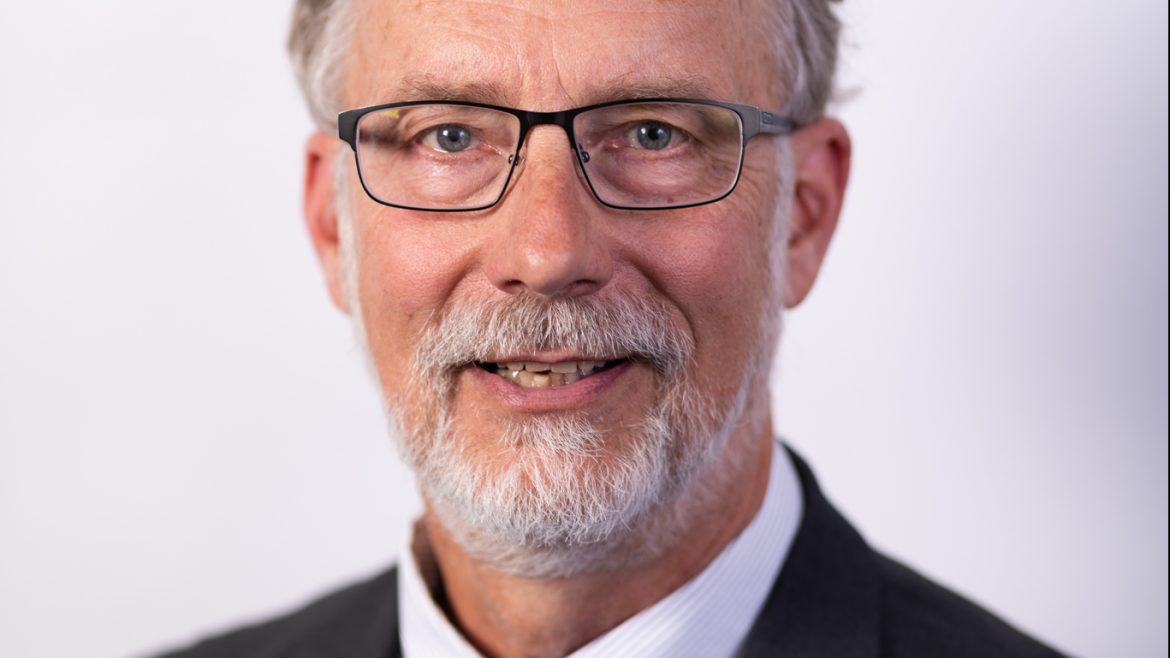

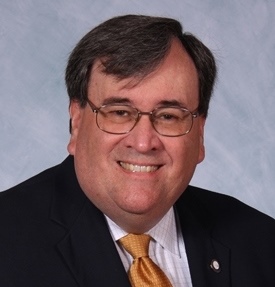
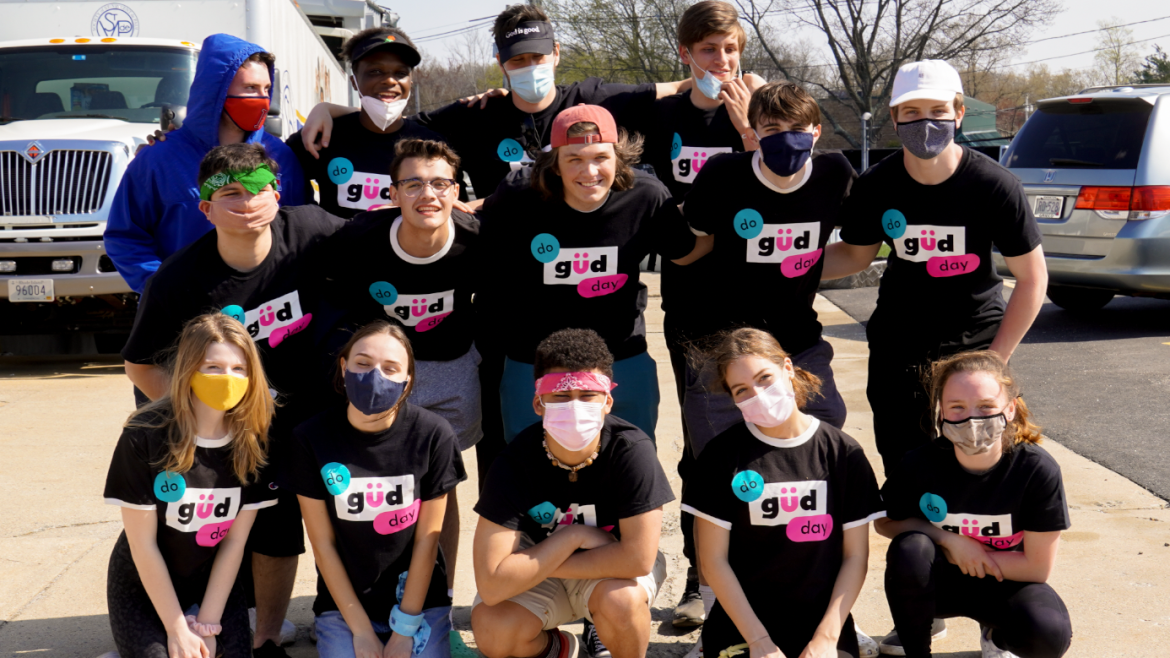
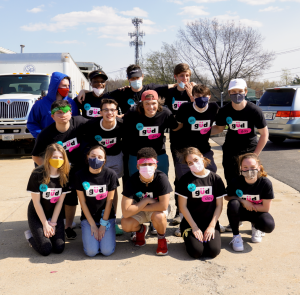
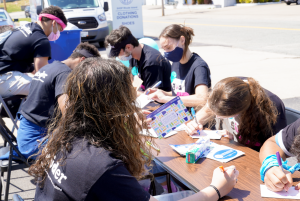 They hosted a
They hosted a 
